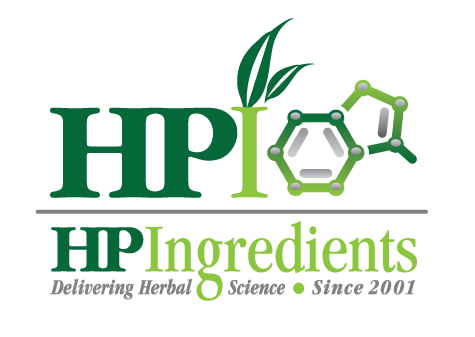In the recent Joint Health Article by Natural Products Insider, inflammation is characterized by “fluid buildup, heat and redness, joint pain, stiffness and loss of joint function.”
The typical conventional response is to take a non-steroidal anti-infammatory drug (NSAID), asprin, naproxen, or ibuprofen, or corticosteroids (prednisone), which, if repeated regularly, can cause negative side-effects, such as liver and kidney problems, bleeding in the stomach and intestines, and even high blood pressure. The newer class of COX-2 inhibitors (such as Celebrex), however can also become problematic, increasing cardiovascular events by completely shutting down COX-2, thereby suppressing production of the blood-clotting hormone prostacyclin and other cardio-protective enzymes.
Enter ParActin®, from HP Ingredients, a patented blend of Andrographolide, 14-deoxyandrographolide, and Neoandrographolide from Andrograpahis paniculata. Andrographolide found in ParActin® inhibits the expression of several pro-inflammatory proteins that share an element of NF-kappaB in the gene. Nuclear factor kappa B is a transcription factor found in a great variety of immune cells participating in the regulation of genes involved in cellular and physiological process, such as cell growth and apoptosis, and has an important role in the inflammatory and immune response by inducing the transcription of proinflammatory genes. The NF-kappaB activation plays an important role in neutrophils, regulating the apoptosis, production of interleukin-1, -6, -8 and adhesion molecules and the expression of COX-2. ParActin® inhibits NFkB activity, reduces the DNA binding of NF-kB in vivo and in vitro, and reduces COX-2 expression. IFNgamma production is reduced. IL-2 production is partially inhibited, and cell death associated to a decrease in caspase-3 activity was reduced.¹
“Preliminary research has shown ParActin to promote healthy inflammatory response by naturally invigorating the PPAR gamma response, inhibiting NF-kappaB, the key regulator of our inflammatory response system, thereby naturally reducing pro-inflammatory cytokines and proteins associated with pain and redness from everyday activities,” explains Annie Eng, CEO, HP Ingredients. She added various studies have shown ParActin works by inhibiting NF-kB from binding to DNA; inhibiting IKKß; inhibiting COX-2 and reducing PGE2; decreasing rheumatoid factor; reducing immunoglobulins (A and G) that contribute to cartilage damage; reducing inflammatory C-reactive protein (CRP); and reducing transcription factors (AP-1 and STAT3) in synovial tissue.²,³ “This clearly defined mechanism of action shows how potent ParActin can be for maintaining joint integrity while decreasing sensation of discomfort,” Eng said.
By Lisa Schofield
¹ PARACTIN® exerts anti-inflammatory effects by inhibiting Nuclear Factor Kappa B (NF-kB), reducing pro-inflammatory cytokines such as Interferon gamma, Interleukin-2, and reducing COX-2. ¹ María A. Hidalgo, ²Alex Romero, ²Jaime Figuero, ³Patricia Cortés, ²Ilona I. Concha, ¹Juan L. Hancke, & ¹Rafael A. Burgos.
¹Institute of Pharmacology, Universidad Austral de Chile, Valdivia, Chile; ²Institute of Biochemistry, Universidad Austral de Chile, Valdivia, Chile and ³Immunobiology Center, Mount Sinai School of Medicine, New York, USA.
² Burgos et al. “Efficacy of an Andrographis paniculata composition for the relief of rheumatoid arthritis symptoms: a prospective randomized placebo-controlled trial” Clin Rheumatol
³ Hidalgo, MA et al, “Andrographolide a New Potential Drug for the Long Term Treatment of Rheumatoid Arthritis Disease.” Innovative Rheumatology.


